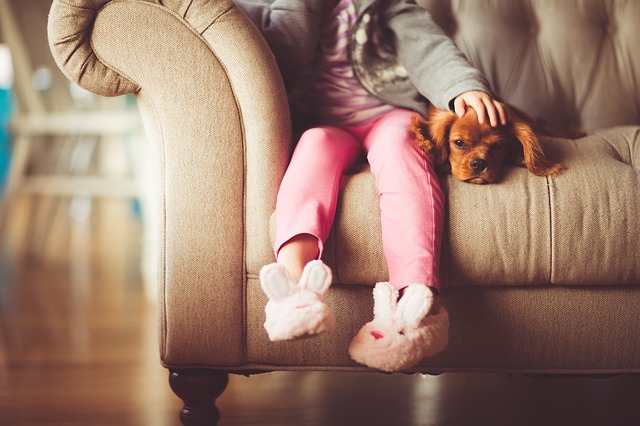If you have experienced a loss of a family member or pet and felt grief, you may feel that your dog felt grief too. Many dog lovers can describe behaviors that seem grief-associated in their companions.
Emotions are very difficult to quantify (even for people who can communicate what they feel). We know that grief itself is a multifaceted emotion for people and psychologists have long described these feelings in terms of stages of grief. In short, grief is a deep feeling of loss and regret that is experienced by survivors. The sense of loss is tangible and each individual needs to traverse his/her own journey to cope during these stages.

In our intellectual superiority, we would sometimes like to think humans are more evolved and complex than other members of the animal world, and as a species, typically refute the possibility that animals can feel emotions. But are we being fair to animals? If we assume that they cannot experience emotion just because they cannot describe it, aren’t we missing out on an important facet of the relationship with our dogs? We want them to be our friends and confidantes–but we deprive them of the ability to feel?
Dogs are typically found in family groups or packs in the wild. They even work together to provide for the group and split duties like hunting and childcare. A dog does not prefer to live in solitude. Dogs are not only bonded to the parents and siblings, but also those members of the pack. Their very survival depends on cooperation and support for (and from) the other family members and they know it. Animals like consistency and feel secure knowing where they stand in their environment, so any change shakes everything up, but for a dog, when there is a loss, it can be a matter of survival.

A dog misses the familiarity of their companions, whether human or animal. He accepts every member of the pack and even though he might not be as bonded to one as another, the change could affect him deeply. He may feel vulnerable that the pack no longer has the lost individual for support and companionship, just like we do. Any being suffering a loss should be allowed time for adjustment and be treated with patience.
Spend time with your dog to help him feel secure with the modified group. Do not assume that your dog cannot feel grief just because she cannot tell you about it. Dealing with loss and grief is something that you can share which helps shore up your own family bonds. When you realize that grief can be shared, the burden is lessened for you and your dog.
Do you love dogs and want to know more about why they do the things they do? Follow me on Facebook at Kathryn Primm, DVM.
